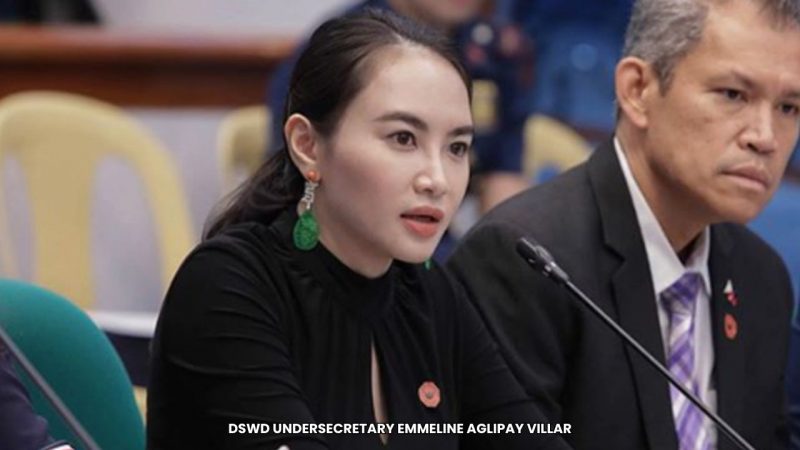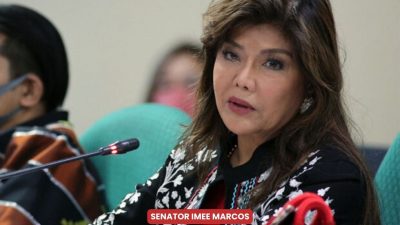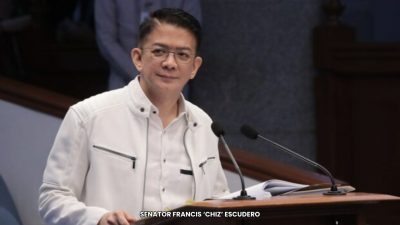By Junex Doronio
MANILA — To uphold and protect the welfare and rights of children in conflict with the law (CICLs) as well as children at risk (CARs), the Department of Social Welfare and Development (DSWD) has reiterated its support for strengthening the implementation of restorative justice principles.
DSWD Undersecretary for International Affairs and Attached and Supervised Agencies (ASAs) Emmeline Aglipay Villar emphasized this commitment during the celebration of the 18th anniversary of the Juvenile Justice and Welfare Act (JJWA) on Monday, May 20, 2024.
“With the commitment of all actors from the legislative, executive, and judiciary branches, duty bearers at different levels of governance, non-government organizations, and development partners, we have made significant and necessary changes. Nonetheless, we still have much to do because of the continuing and evolving challenges and issues affecting our children,” Villar said.
She added that the Juvenile Justice and Welfare Council (JJWC), along with stakeholders, must commit to shaping a “Bagong Pilipinas” where CICLs and CARs can transform and become the best versions of themselves.
During the event, Villar also discussed the plans and support needed to bolster the implementation of the JJWA, as amended.
These include:
Implementation of the Comprehensive National Juvenile Intervention Program (CNJIP) at the local level.
Implementation of a deradicalization program for children engaged in terrorism and violent extremism.
Establishment of agricultural camps for children.
Development of a 5-year policy research and evaluation agenda.
Institutionalization of the Juvenile Justice Information System (JJ-MIS).
Institutionalization of the Support for Bahay Pag-Asa Project.
Villar’s presentation was followed by the State of the Children’s Address (SOCA) by Tanya Criscita Manalo, a child representative from the Regional Juvenile Justice and Welfare Committee Region IV-A (CALABARZON).
Manalo emphasized the need for continuous provision of necessary interventions for CICLs to aid their reintegration into their respective communities.
“Sa pagbabalik ng mga CICL sa komunidad, hangad din ng lahat na sana ay matulungan silang patuloy na makapag-aral, makapagtrabaho, at mawala ang diskriminasyon sa mga CICL. Pangarap din ng mga batang may suliranin sa batas na maibalik ang tiwala sa kanila, makatulong sa kanilang mga pamilya at komunidad, at sa kapwa bata at maging isang advocate sa pagsulong ng mga karapatan ng bawat bata,” Manalo said.
(el Amigo/MNM)







